All Stories
-
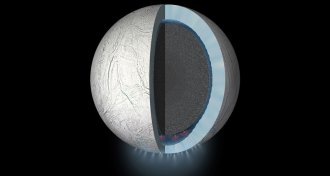 Astronomy
AstronomyA sandy core may have kept Enceladus’ ocean warm
Friction in Enceladus’ porous core could help heat its ocean enough to keep it liquid for billions of years.
-
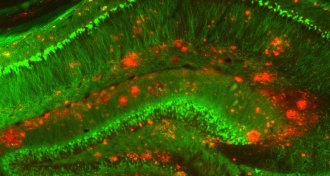 Neuroscience
NeuroscienceAlzheimer’s protein can travel from blood to build up in the brain
Experiments in mice show Alzheimer’s protein can travel from the blood of an affected mouse to the brain of a healthy animal.
-
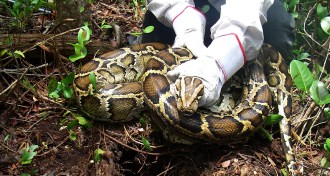 Ecosystems
EcosystemsInvasive species are a growing global threat
'The Aliens Among Us' describes how invasive species are colonizing — and disrupting — ecosystems worldwide.
By Sid Perkins -
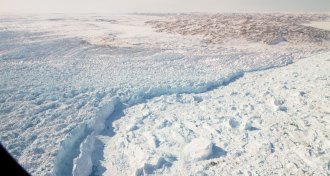 Climate
ClimateHumans are driving climate change, federal scientists say
Human influence “extremely likely” to be dominant cause of warming in last 70 years, U.S. climate report finds.
-
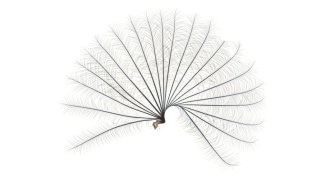 Animals
AnimalsHere’s why some water striders have fans on their legs
A fan of tiny, elegant plumes on their legs helps certain water striders dash across flowing water without getting wet.
By Susan Milius -
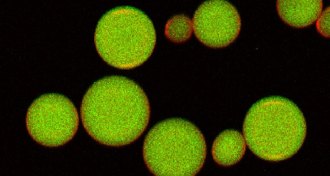 Health & Medicine
Health & MedicineArtificial insulin-releasing cells may make it easier to manage diabetes
Synthetic cells crafted in the lab could provide a more precise, longer-lasting diabetes treatment.
-
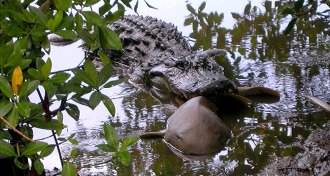 Animals
AnimalsAlligators eat sharks — and a whole lot more
Alligators aren’t just freshwater creatures. They swim to salty waters and back, munching on plenty of foods along the way.
-
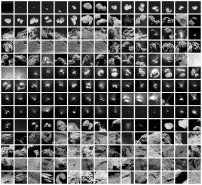 Planetary Science
Planetary ScienceSee a new mosaic of images of comet 67P from the Rosetta mission
A montage of images taken by the Rosetta spacecraft and its lander, Philae, recap the daring mission to comet 67P.
-
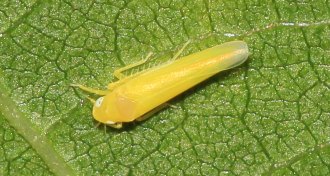 Animals
AnimalsLeafhoppers use tiny light-absorbing balls to conceal their eggs
Leafhoppers produce microscopic balls that absorb light rather than reflect it and help camouflage the insects’ eggs.
-
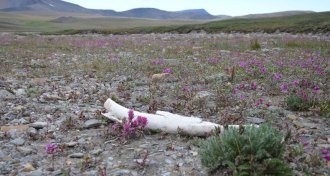 Paleontology
PaleontologyWhat male bias in the mammoth fossil record says about the animal’s social groups
Male woolly mammoths were more often caught in natural traps that preserved their remains, DNA evidence suggests.
-
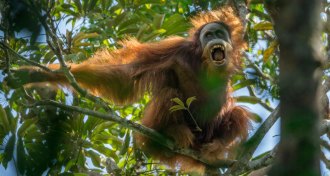 Animals
AnimalsNo more than 800 orangutans from this newly identified species remain
Endangered population of orangutans is the oldest surviving red ape lineage, a new study finds.
By Bruce Bower -
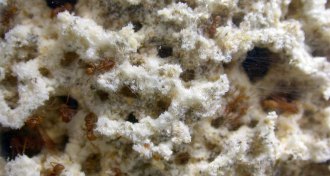 Animals
AnimalsAnts were among the world’s first farmers
50 years ago, researchers began unraveling the secrets to Attine ants’ green thumbs.